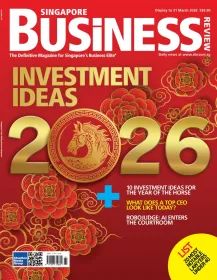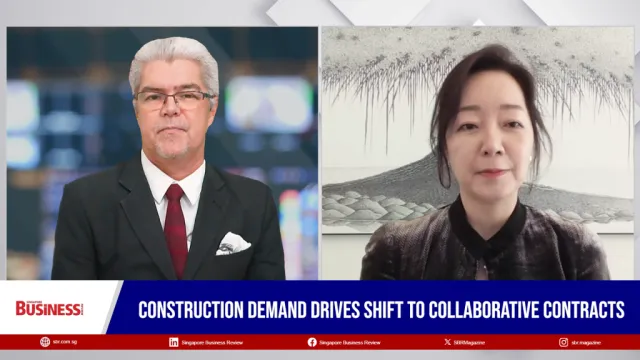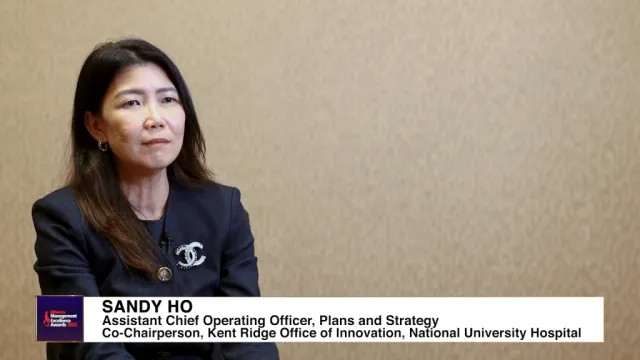Join the community
Thought Leadership Centre
Most Read
1. Singapore to slash CDC vouchers as Budget 2026 pivots to defence 2. Budget 2026 to surge tech funding as ageing workforce squeezes growth: analysts 3. OCBC and UOB to reverse year-long NIM slide in Q4 4. E-ang bao use jumps nearly 50% in 2025 as seniors ditch red packets: OCBC 5. UOB set for growth as DBS, OCBC earnings hold steady: reportResource Center
Awards
Apr
14
Event News
Singapore Business Review Management Excellence Awards 2025 Winner: Moninder Jain of Logitech Singapore Pte Ltd
Moninder Jain of Logitech Singapore highlights how human and AI collaboration strengthened the company’s market position.


 Advertise
Advertise
















Commentary
The evolution of contracting in Singapore
The evolution of contracting in Singapore
Defending the Singapore brand
Partner or fail: The Telco war
Cloud computing completely changes HR management
How to make your career grow
Ten easy-to-implement rules to boost innovation from within - Part 2: To innovate, promote failure
The pursuit of organizational happiness
Reflecting on 20 years of Singapore free trade agreements
What to do with Singapore's throw away culture
Here's how you can win the workplace
How a virtual office can make you BIGGER
Five business mistakes to avoid in volatile economic times
Leaders made in Singapore
Cloud computing and why it matters to me?
Silence is approval
Becoming the leader you love
Doing GOOD is good for business in Singapore and globally